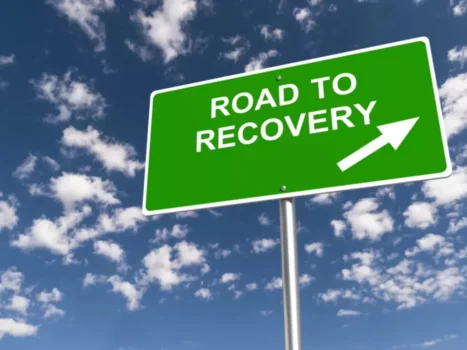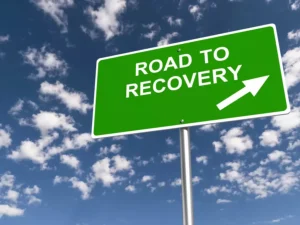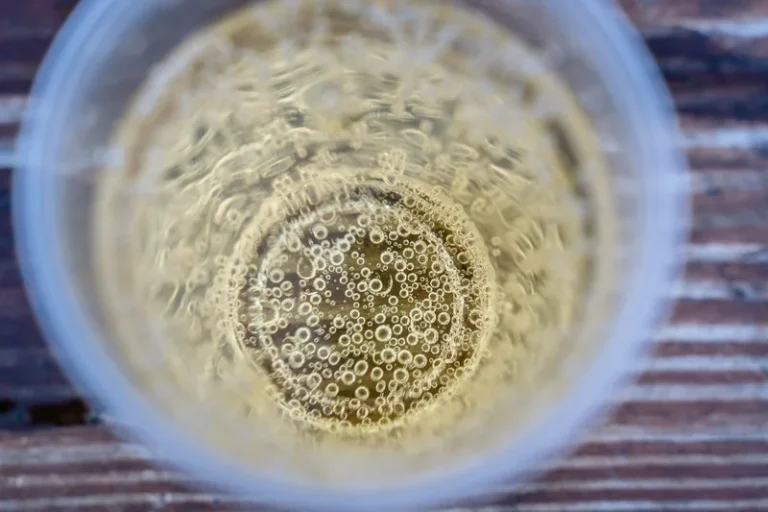
The more alcohol you drink, the stronger the effects of alcohol on the body. The duration of intoxication depends on how much alcohol an individual consumes. Typically, it can take at least several hours for their BAC to reduce enough for it to be safe to drive. The following are some questions people often ask about drinking alcohol.
Alcohol Poisoning Signs & Symptoms

These symptoms are the body’s way of reacting to the excessive amount of alcohol in the bloodstream. In severe cases, vomiting can occur, which is the body’s attempt to expel the toxins. In this article, learn about how it feels to be drunk according to blood alcohol content (BAC) level.

Stages of Intoxication
- These stages are closely linked to the individual’s BAC, which measures the amount of alcohol in the bloodstream.
- Understanding the stages of drunkenness and how alcohol affects the body can help you make safer decisions when drinking.
- You don’t care if your friend loses his job or if your sister never sees her children again, you’re ordering more shots.
- The experience of being drunk can be divided into several stages, each characterized by different physical and emotional effects.
Alcohol tolerance refers to the body’s ability to handle and metabolize alcohol. It varies from person to person and can be influenced by various factors, such as genetics, frequency of alcohol consumption, and individual physiology. People with higher alcohol tolerance may need to drink more alcohol to experience the same level of intoxication as someone with lower alcohol tolerance. Please note that the effects of alcohol can vary depending on various factors such as body weight, tolerance, and the rate of alcohol consumption. It is crucial to prioritize responsible drinking and make informed choices to ensure personal safety and the safety of others. The effects of alcohol can last from a few hours to longer, depending on various factors, including the amount consumed and individual metabolism.
- Reducing drinking, or even eliminating it altogether, can lower a person’s risk of these conditions and complications.
- Over time, excessive alcohol use can cause liver health problems such as cirrhosis.
- Being drunk can feel euphoric and social at first but can lead to confusion, loss of coordination, and emotional instability as intoxication increases.
- People in this stage will likely also have their balance and coordination impaired enough to result in staggering and an inability to stand.
- Alcohol consumption can significantly impair physical coordination and motor skills.
About Medical News Today
Because alcohol changes the way the brain processes information, it also makes it difficult for people to make suitable decisions or assess their own behavior. For example, people who are very drunk might underestimate how intoxicated they are. At a BAC of 0.45 or above, you are likely to die from alcohol intoxication. Excessive alcohol use causes approximately 88,000 deaths annually in the United States, according to the Centers for Disease Control and Prevention (CDC). Your body functions will slow so much that you will fall into a coma, putting you at risk of death. Blood alcohol content (BAC) is the unit used to measure the amount of alcohol in a person’s bloodstream.
Short-term risks of excessive drinking include accidents, injuries, alcohol poisoning, and impaired judgment. These risks can have immediate and severe consequences, including legal issues and physical harm. The social environment plays a significant role in the experience of being drunk. Many people enjoy drinking in social settings, where the atmosphere can enhance feelings of happiness and reduce social anxiety. Alcohol acts as a disinhibitor, making individuals feel more relaxed and open in social interactions.
The faster alcohol is absorbed into your bloodstream, the higher your BAC, and the longer it’ll take to sober up — especially if you keep drinking. You may think that you’re sober once you’re able to walk in a straight line, but that doesn’t mean that you aren’t drunk. Cultural attitudes towards drinking can shape how individuals perceive and engage in alcohol consumption, influencing drinking patterns and social norms. The stages range from sobriety to potential death, with each stage characterized by specific emotional and physical symptoms. With 1-3 drinks for women and 2-3 for men, individuals often feel more confident, talkative, and less inhibited. This stage is marked by a sense of euphoria and increased sociability.

Alcohol significantly impairs judgment and decision-making abilities. This impairment is due to its effect on the brain’s prefrontal cortex, which is responsible for rational thinking and impulse control. As a result, individuals may engage in risky behaviors, such as driving under the influence or making poor financial decisions. When the concentration of alcohol begins to increase in your bloodstream, you’ll start to feel good. You might feel happy, more social and confident, and less inhibited. This is because alcohol stimulates the release of dopamine and serotonin, which are sometimes referred to as your “feel good” hormones.
Understanding What Does Being Drunk Feel Like: Emotional and Psychological Insights

You’ll also have the opportunity to connect with our licensed Reframe coaches for more personalized guidance. It continues its rampage throughout the body, disturbing the sleep cycle, causing dehydration, and wreaking havoc in the stomach. The next day, we’re left with a pounding headache, Sahara Desert-level thirst, and a stomach performing its own version of the Riverdance. It suppresses the go-getter glutamate and gives what does being drunk feel like the chill GABA a boost.
